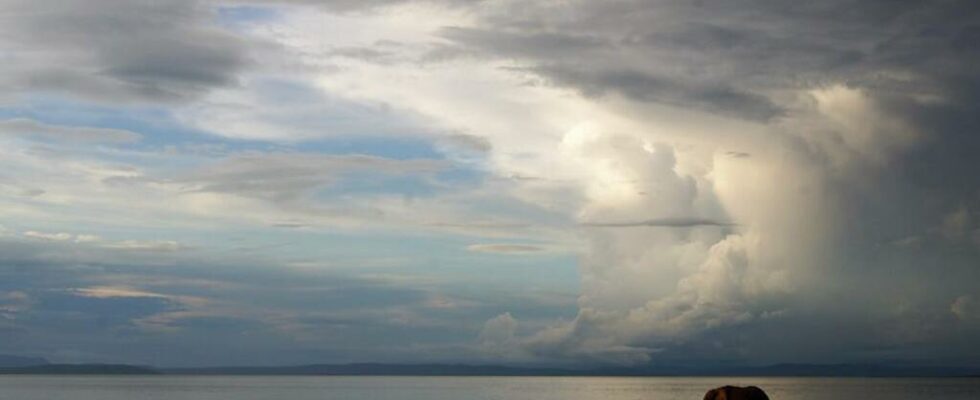Following Namibia at the end of August, Zimbabwe has also announced the culling of elephants to deal with an unprecedented drought that is causing food shortages. The country, which is home to an elephant population estimated at 100,000 individuals – the second largest in the world after Botswana – has decided to cull 200 of them. This measure is also intended to regulate the number of pachyderms on its territory and limit the damage they can cause.
1 min
The 200 elephants will be hunted in areas where they are in conflict with humans, including Hwange, where the country’s largest nature reserve is located. ZimbabweThe park is home to about 65,000 elephants, four times its capacity, according to the Zimbabwe Parks and Wildlife Authority.
On Wednesday, September 11, before Parliament, the Minister of the Environment declared that the country has “more elephants than necessary” “The animals are accused of destroying crops and putting pressure on pastures and water supplies as the country declares a state of emergency over drought.
Authorities also estimate that about six million Zimbabweans will need food aid during the lean season from November to March, when food is at its scarcest. Elephant meat is also intended to feed the population.
Some environmentalists criticize the decision, particularly because the animals are a major tourist attraction and therefore bring in a lot of money for the country when they are alive, especially since there are more sustainable methods in agriculture to cope with the water shortage.
Also readNamibia to cull wild animals to ease record drought
